
There are few titles as legendary and captivating as Demon’s Souls. Developed by FromSoftware and initially released in 2009 for the PlayStation 3, Demon’s Souls laid the foundation for the renowned Souls series, known for its challenging gameplay, intricate level design, and deep lore. In this comprehensive exploration, we will delve into the dark and enthralling world of Demon’s Souls, examining its gameplay mechanics, level design, lore, impact on the gaming industry, and enduring legacy.
Origins and Development
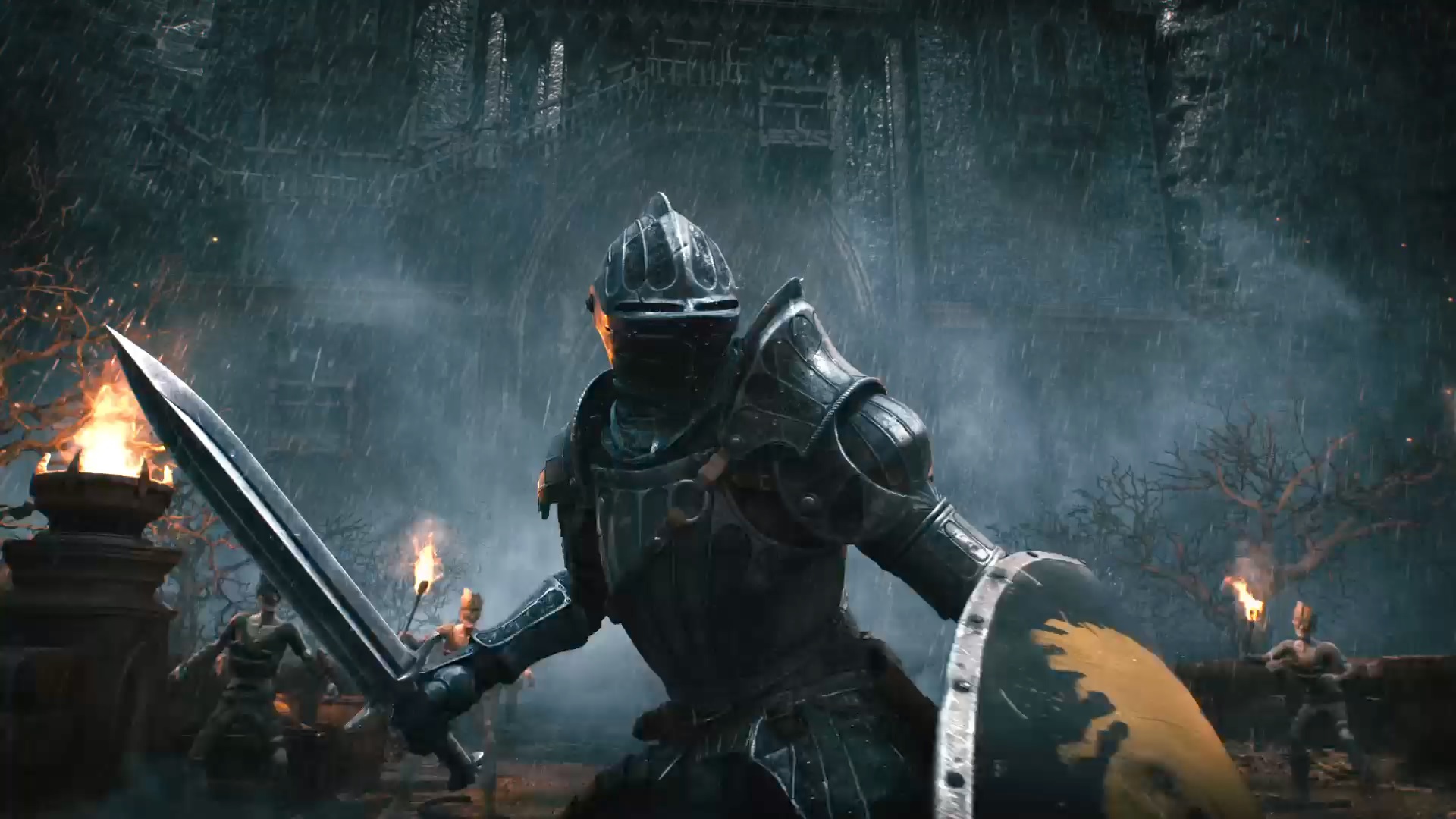
Demon’s Souls emerged from the creative minds of Hidetaka Miyazaki and his team at FromSoftware. Miyazaki, inspired by his love for Western fantasy literature and his desire to create a game that challenged players in new ways, spearheaded the project. Despite initial skepticism from publishers, Demon’s Souls found a home with Sony Interactive Entertainment, who published the game exclusively for the PlayStation 3.
Gameplay Mechanics
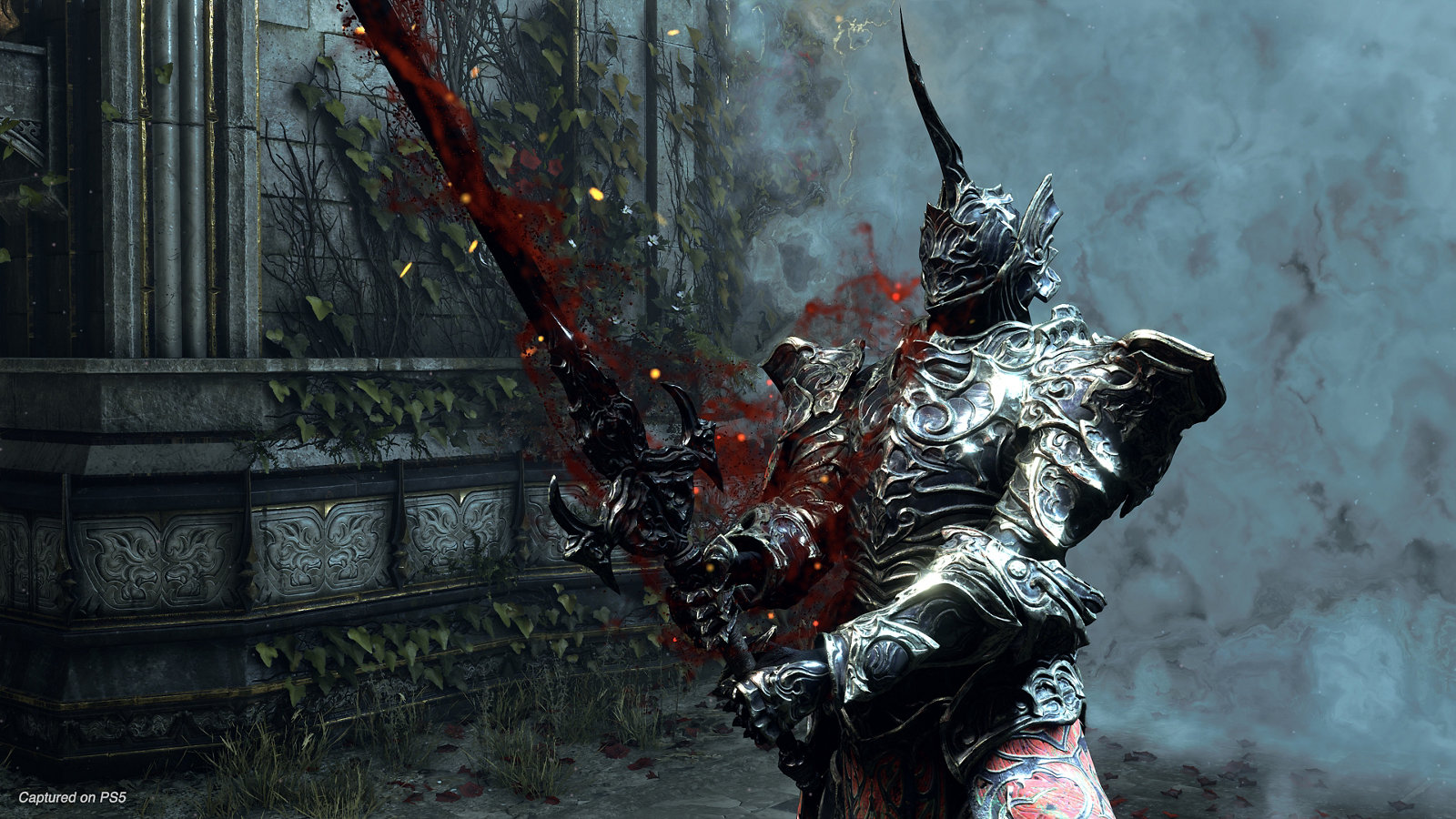
At the core of Demon’s Souls is its challenging and unforgiving gameplay. Players assume the role of a customizable character tasked with navigating the treacherous kingdom of Boletaria, plagued by demons and darkness. Combat in Demon’s Souls is deliberate and methodical, requiring precise timing, strategic positioning, and careful resource management. The game’s innovative online features, such as asynchronous multiplayer and player messages, added a unique layer of depth and connectivity to the experience.
World Design and Atmosphere

Boletaria, the setting of Demon’s Souls, is a bleak and atmospheric world filled with danger and despair. From the crumbling ruins of the Palace of Boletaria to the eerie depths of the Valley of Defilement, each area is meticulously crafted to evoke a sense of foreboding and isolation. The game’s haunting soundtrack, composed by Shunsuke Kida, further enhances the atmosphere, immersing players in its dark and foreboding ambiance.
Lore and Storytelling
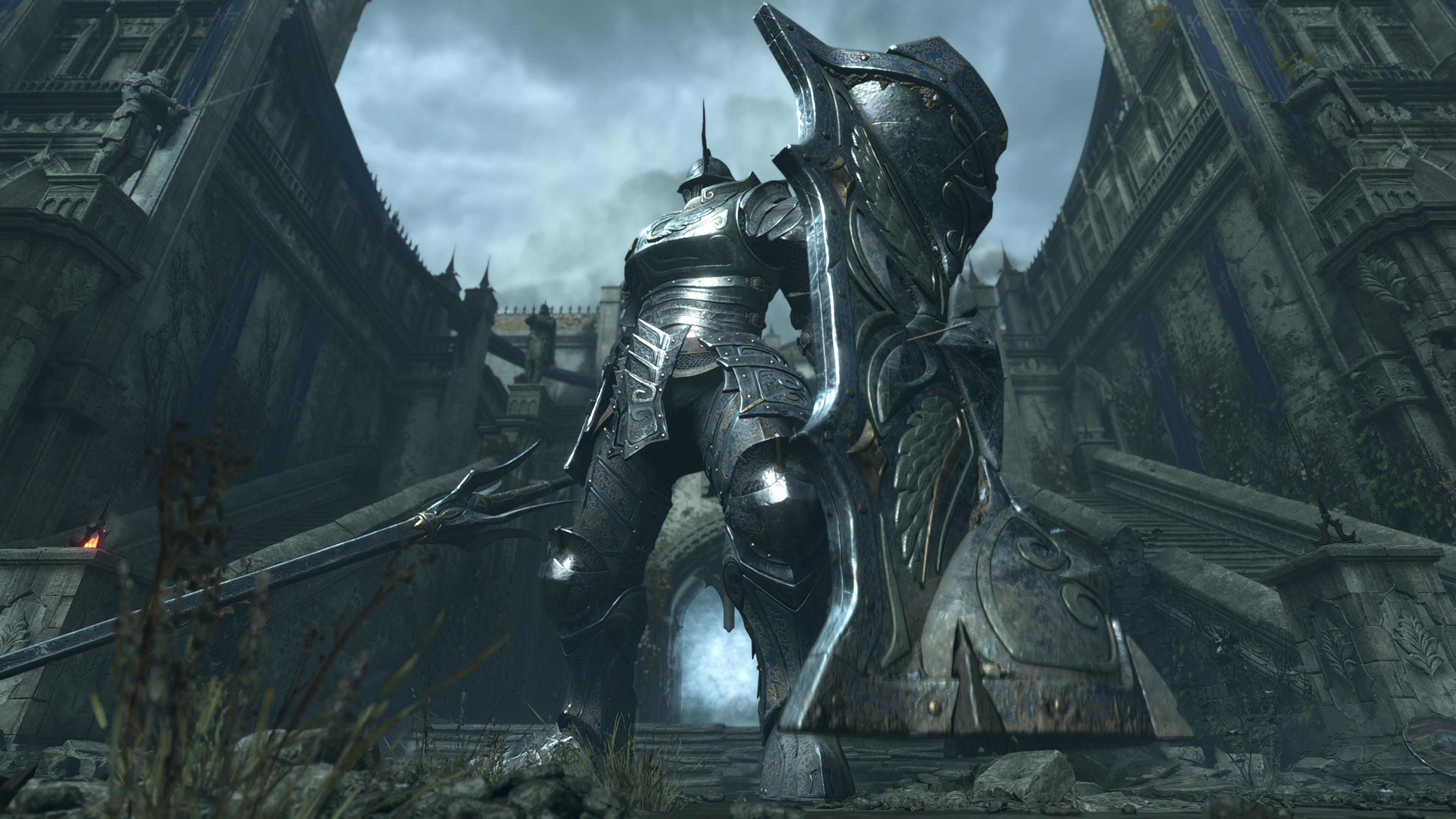
Central to the appeal of Demon’s Souls is its rich and enigmatic lore. Through cryptic item descriptions, environmental storytelling, and subtle world-building, the game invites players to uncover the mysteries of Boletaria and the origins of its demonic scourge. Themes of hubris, redemption, and the cyclical nature of fate permeate the narrative, offering players a thought-provoking and emotionally resonant experience.
Impact and Influence
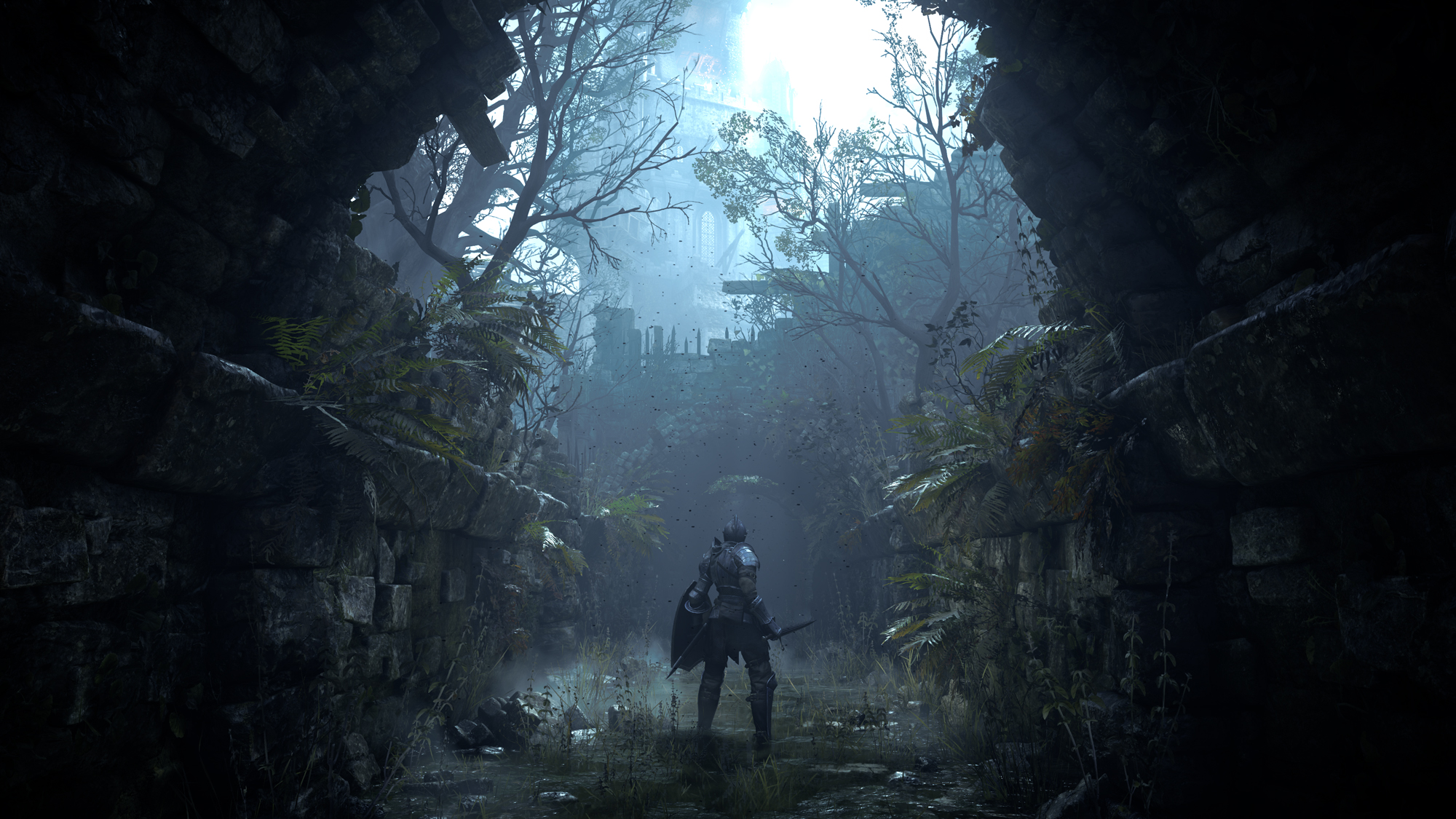
Upon its release, Demon’s Souls received widespread critical acclaim for its innovative gameplay, atmospheric world design, and deep storytelling. While initially considered a niche title, the game gradually gained a dedicated and passionate fanbase, leading to a resurgence in interest in challenging and immersive gaming experiences. Demon’s Souls also paved the way for the Soulsborne genre, inspiring a new wave of games that embraced similar mechanics and themes.
Legacy and Remake

In 2020, Bluepoint Games released a stunning remake of Demon’s Souls for the PlayStation 5, showcasing the timeless appeal of Miyazaki’s masterpiece to a new generation of players. The remake, while faithful to the original, featured enhanced visuals, reimagined audio, and quality-of-life improvements, introducing Demon’s Souls to a wider audience and reaffirming its status as a landmark title in the gaming industry.

Demon’s Souls stands as a testament to the power of immersive storytelling, innovative gameplay, and atmospheric world design. From its humble origins to its enduring legacy, the game continues to captivate and inspire players around the world, reminding us of the profound impact that video games can have on our lives. As we journey through the dark and perilous lands of Boletaria, we are reminded of the timeless allure of adventure, discovery, and triumph in the face of adversity.

Game On!


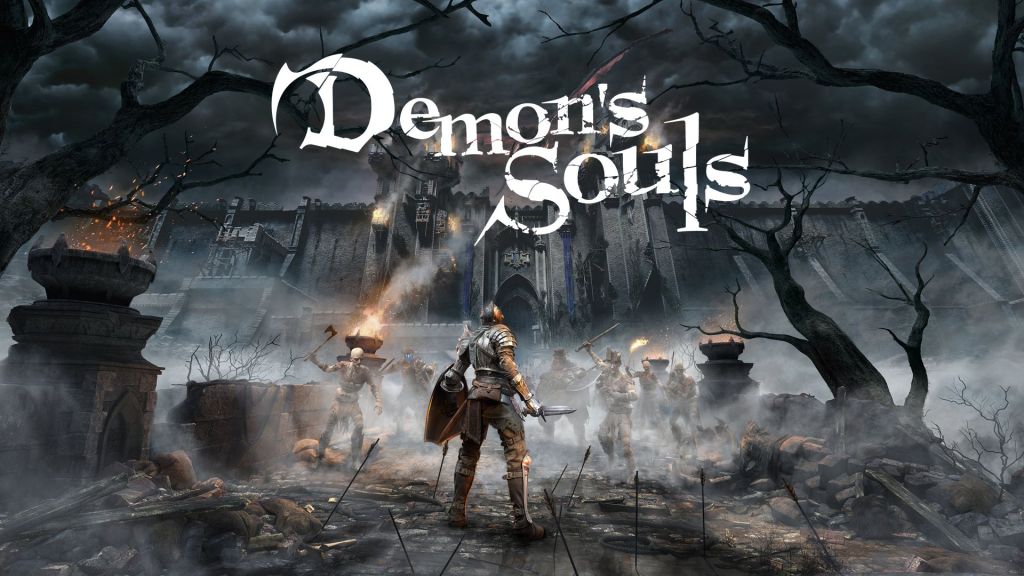


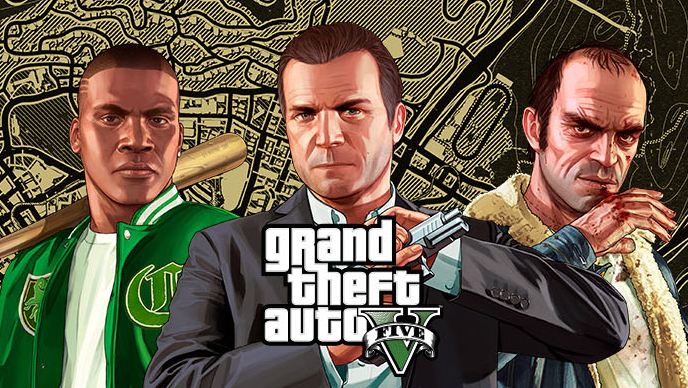



Leave a comment